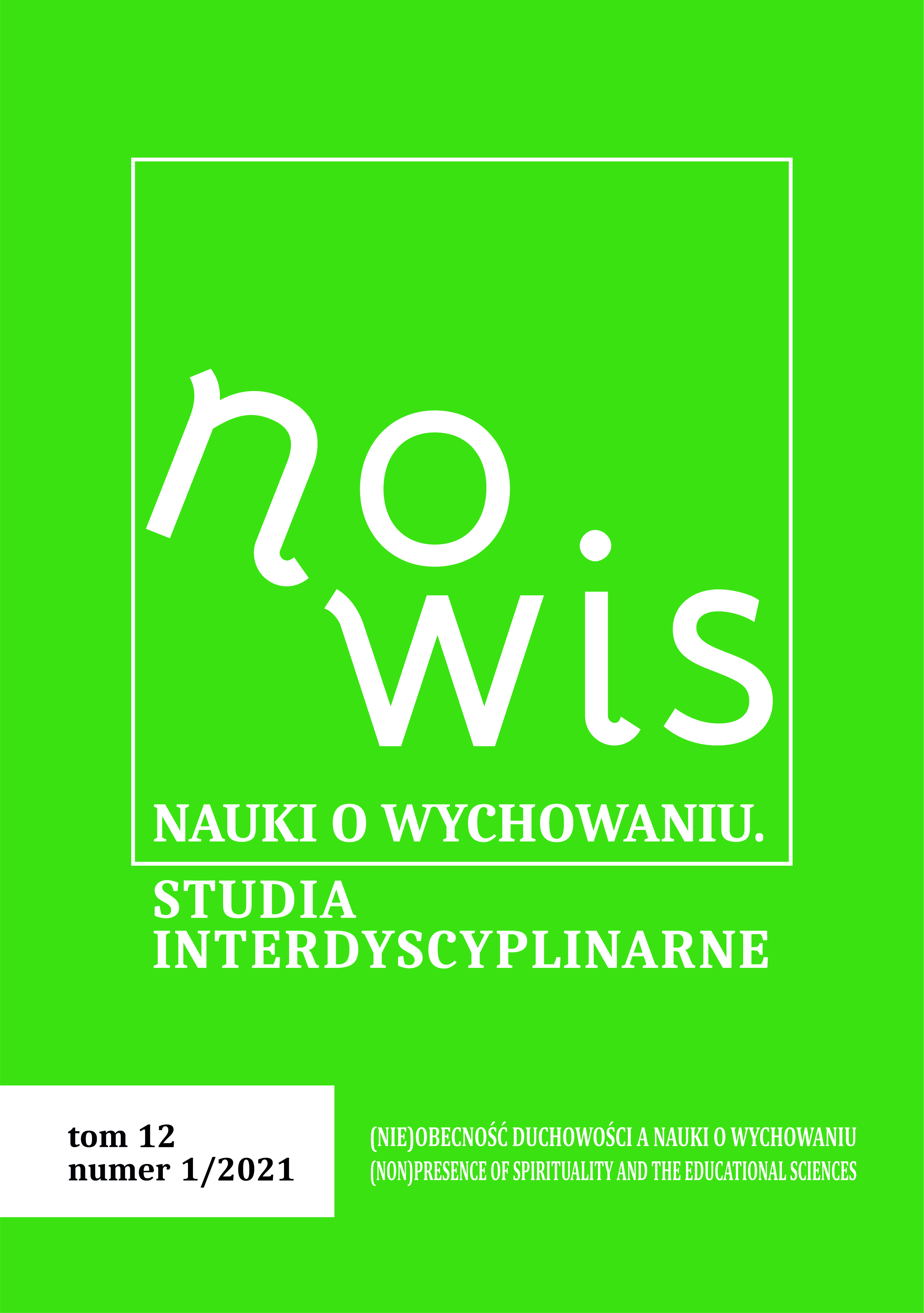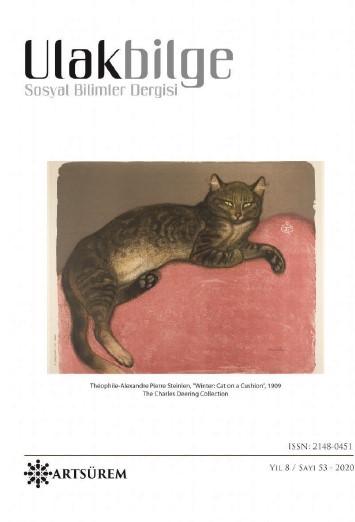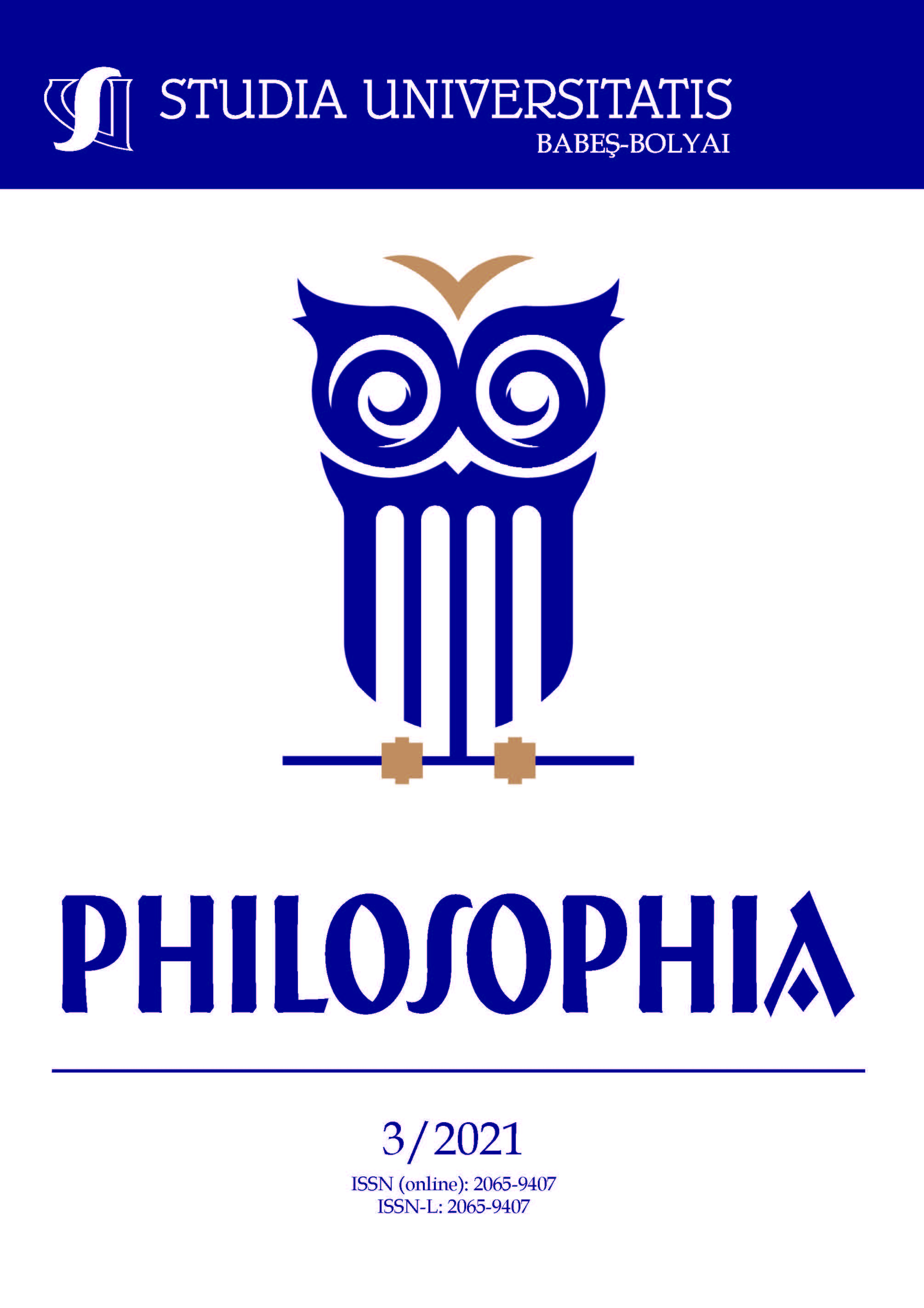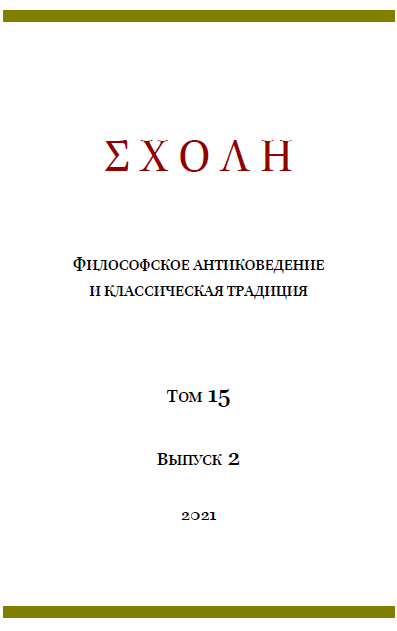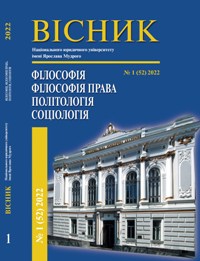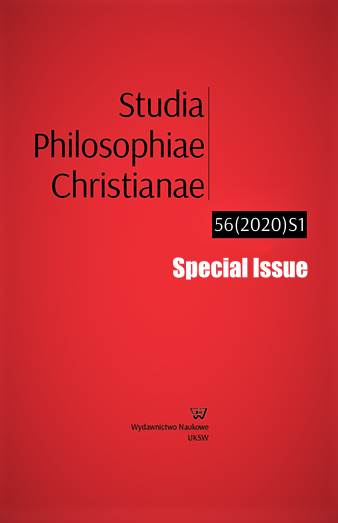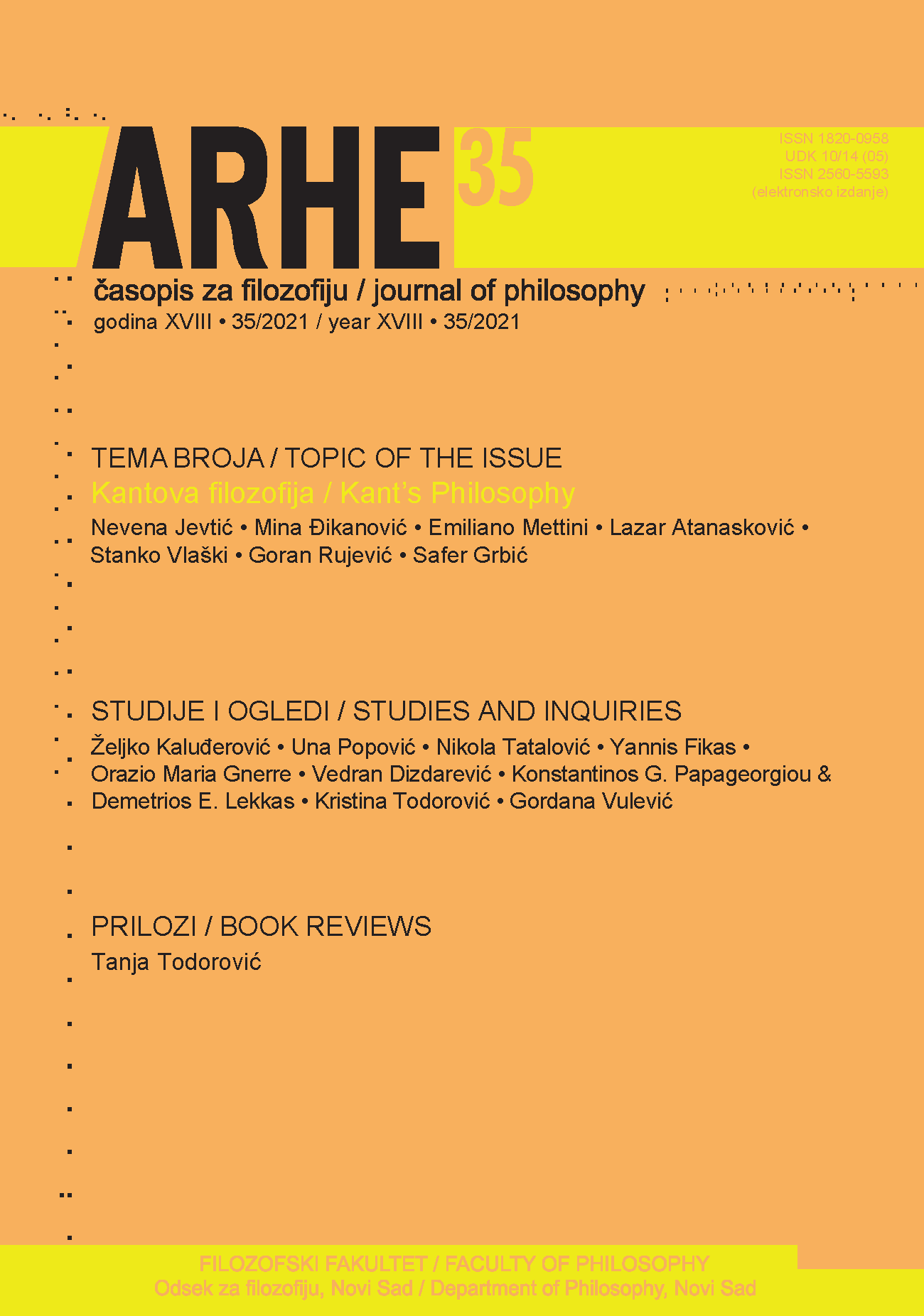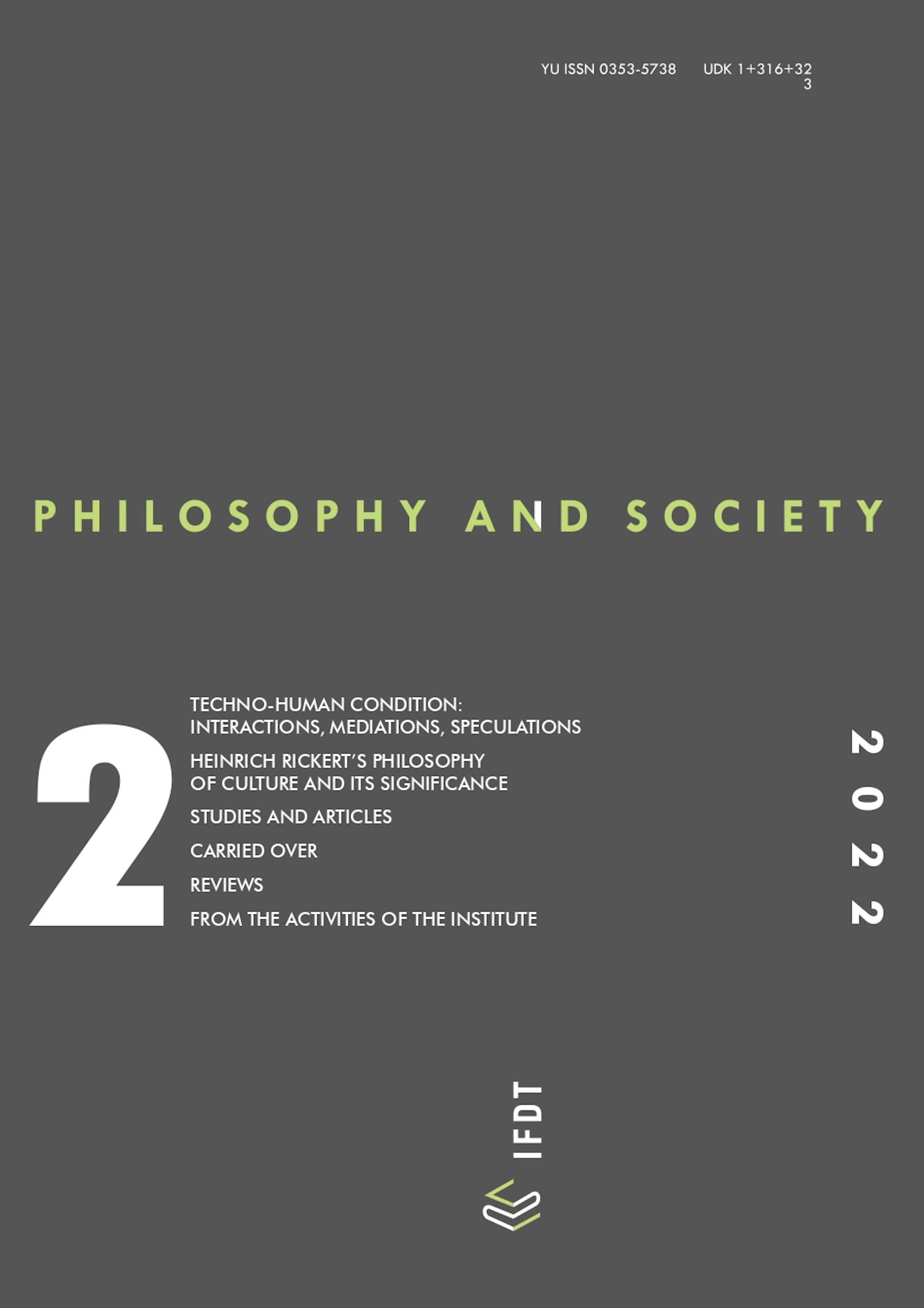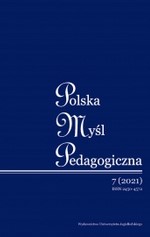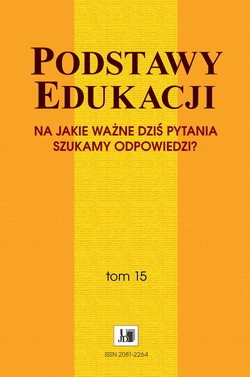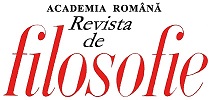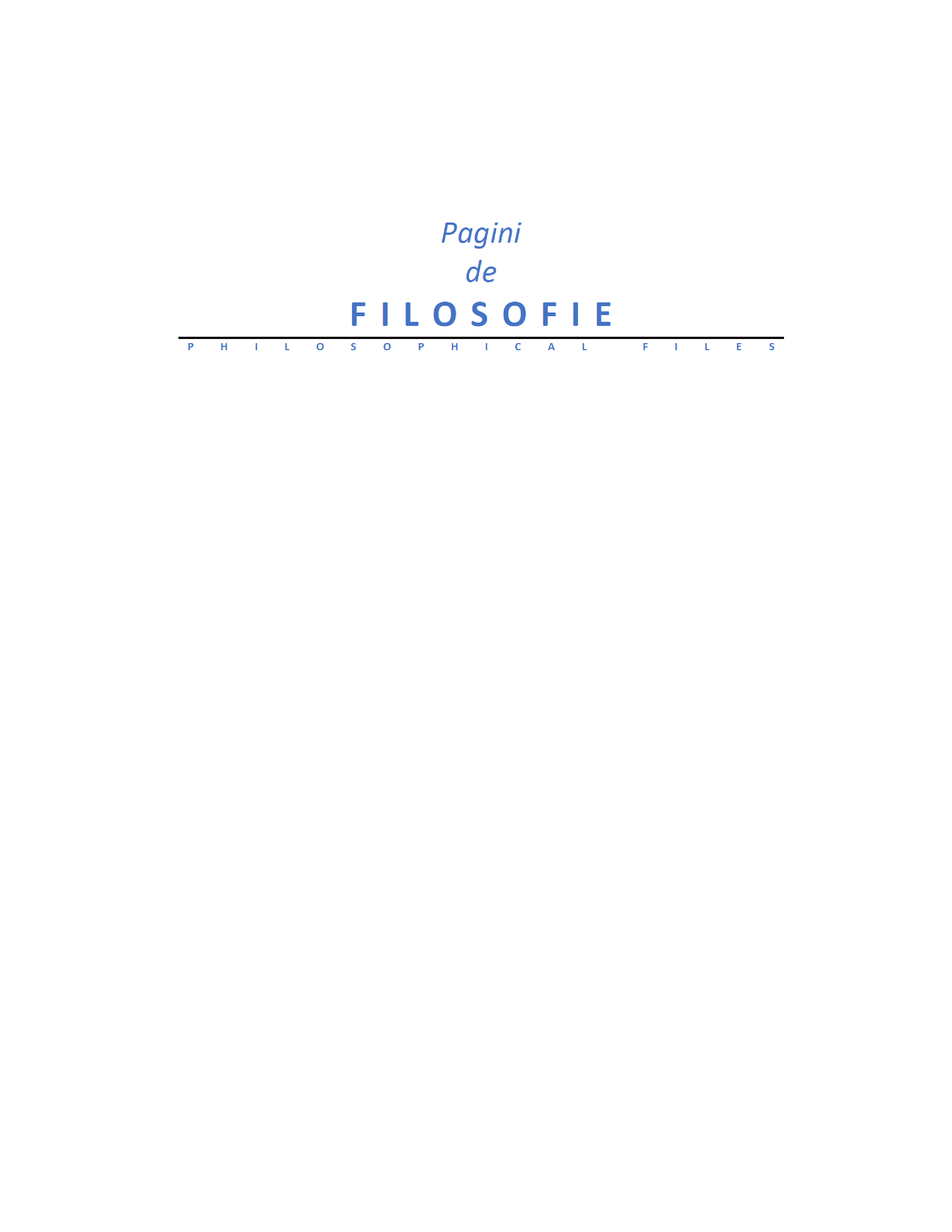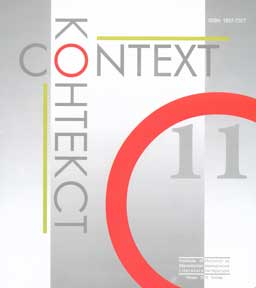
КУЛТУРНО ПРОФИЛИРАЊЕ НА ПРОБЛЕМАТИКАТА НА ТЕЛОТО И ТЕЛЕСНОТО: НЕКОИ ПРЕТПОСТАВКИ НА ДУХОВНОСТА НА ИСТОКОТ ПРЕКУ ЗАДОВОЛУВАЊЕТО НА СЕТИЛАТА
This text deals with "cultural story of the body", suggesting that some kinds of sexual practice (like Tantrism) provides spiritual enlightenment - especially in the culture of the East. Obviously, we can accept the claim that "body is not only a cage for the spirit", but much more than that: it allows the bridging directed towards the enlightenment. For example, teachings in the eastern culture sometimes could be transferred even by the silence. Taking into account the tactile and spiritual, in the second half of this article I do think the eastern experience of "sexual practicing through the door of enlightenment" - illustrate important strands of cultural features, different by the same strands in "opposite direction": Occidental culture. In further consideration, attempts to enter the subjective world of Vaishnavs meditations, taking them seriously on their own terms, are evident represented. The tactile is the bridge to the spiritual enlightenment.
More...
